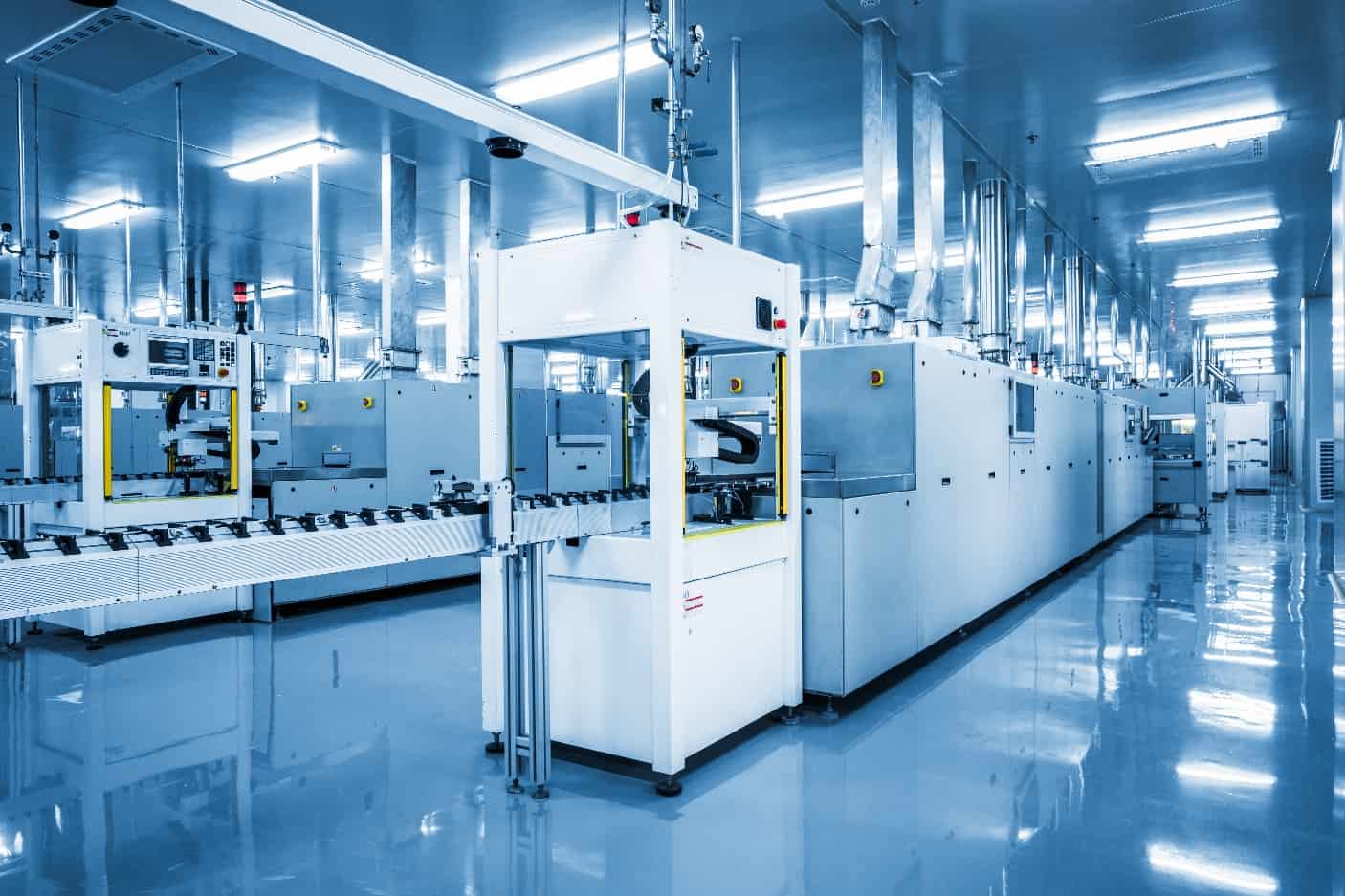Digital technologies are rapidly revolutionising business models, creating asset-less businesses based on data ownership. Uber is the first transportation company without any vehicles, AirBnB is the first hotel company without any properties. A key question for manufacturing companies is how will this revolution affect manufacturing and will the next development be asset-less manufacturing businesses?
Martin & Bernadette from Metis Automation attended the Industry 4.0 day at Liverpool’s International Festival of Business, to find out more about Industry 4.0 and its implementation.
Background to Industry 4.0
Industry 4.0 was developed in Germany, as a proposed way for SME manufacturing companies to remain competitive and relevant in the future. Business leaders recognised that German manufacturers cannot compete with low-cost manufacturing, so they must develop new and innovative manufacturing techniques.
“Industry 4.0 is not just about the technologies. It is about new ways of solving problems, creating unique experiences and accelerating business performance.” Bjorn Johansson – PwC
Benefits of Industry 4.0
It was proposed during the day, that companies who embrace Industry 4.0 will have an advantage over their competitors. Experts talked about:
– 30% increases in productivity through increased machine uptime and usage.
– Reduced time to market for new products.
– Mass Customization – Competitive advantage through meeting customer demand with ‘make to order’ products.
Companies who have implemented Industry 4.0, have reported ROI from cost savings (better use of labour and machinery), by 3% and additional revenue (new digital products and data analytics services), by 3%.
Are you ready for Industry 4.0?
Once a company is convinced of the benefits of applying Industry 4.0 techniques within their company, the next stage is to assess the companies Digital Readiness Level (DRL), to understand what will be required to create a connected factory.
Our assessment of the key stages and requirements for implementing Industry 4.0 are:
– Big data from machines, manual processes and PLCs needs to be acquired and networked across the factory.
– Big data needs to be analysed and converted into smart business data.
– Machines should then be able to make the business decision currently being made by people.
“In the future, your IT infrastructure may be more valuable than your production assets”.
The major benefit of implementing this will be cost savings from better use of labour and machinery. There can also be additional revenue from new digital products and data analytics services.
What next?
Industry 4.0 is intended to improve the business process in SME’s, so systems should be affordable for these businesses. A solution for this is data subscription models that charge, based on data usage amounts. In this way, SME companies with relatively low data usage can access services and products that would have needed huge investment for onsite IT systems.
We are currently developing subscription pricing models for our Industry 4.0 software solution Tascus.
Contact us to discuss Industry 4.0 applications and how to implement them in your organisation.




